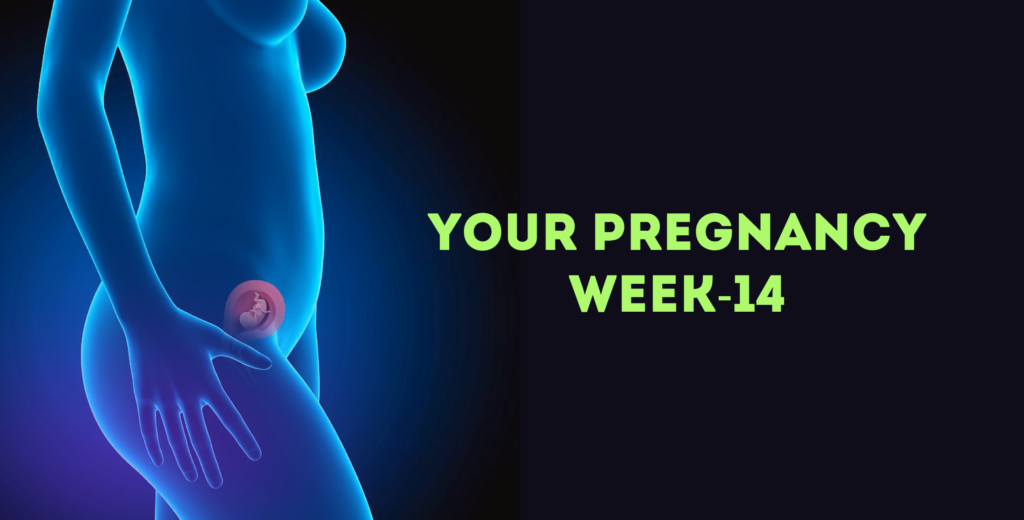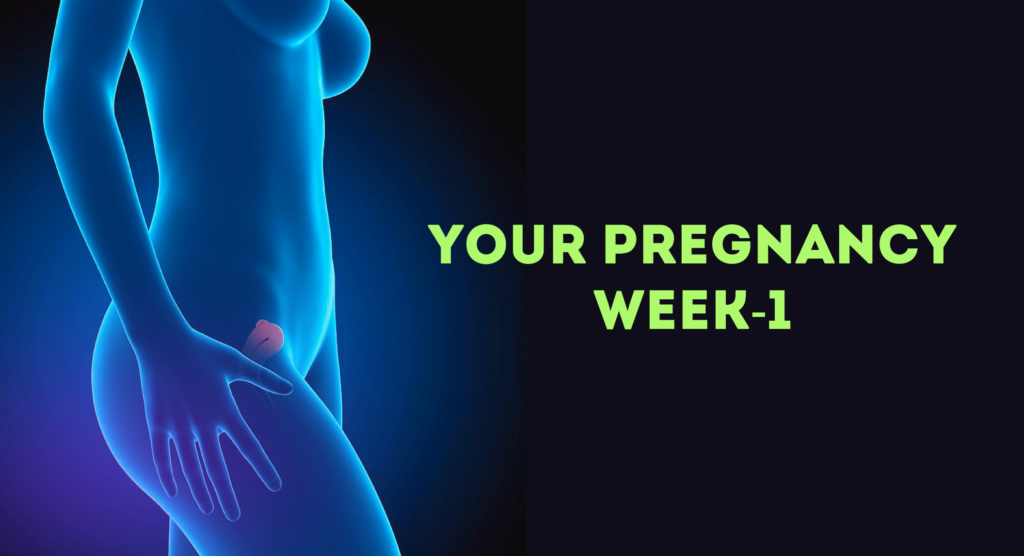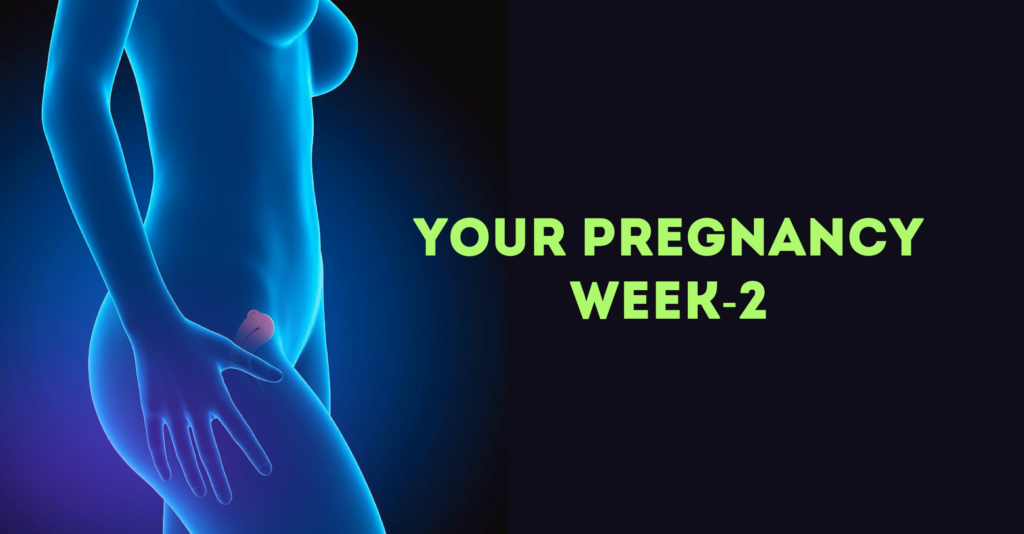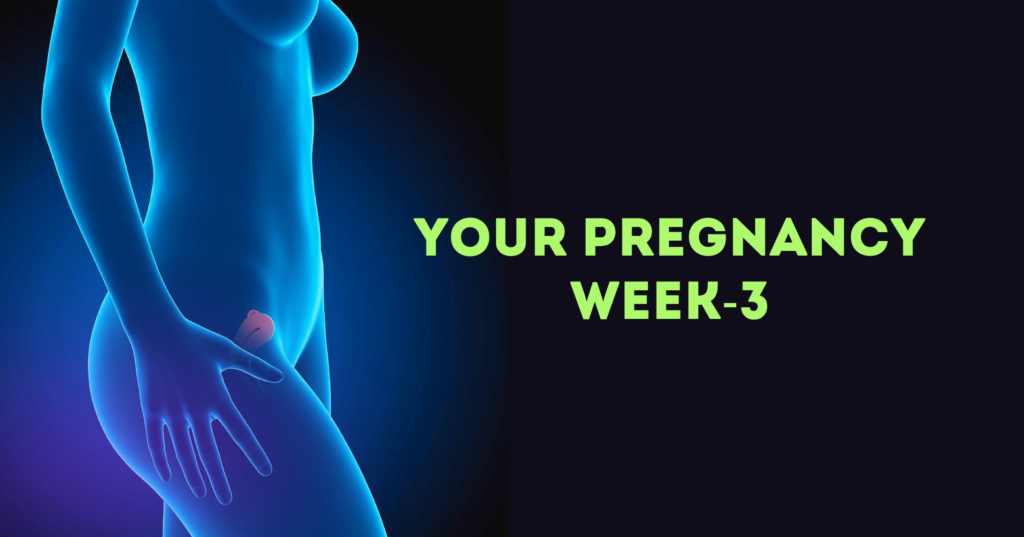As you enter week 14 of pregnancy, you’re now firmly in your second trimester. This stage is often considered the most comfortable part of pregnancy, where many early symptoms begin to ease, and you start feeling more energized. Let’s explore what to expect at 14 weeks pregnant, including symptoms, baby development, changes in your body, and how to manage this exciting phase.
Key Takeaways at 14 Weeks Pregnant
- You’re now in the second trimester.
- Common symptoms include increased energy, reduced morning sickness, and visible changes in your belly.
- Your baby is rapidly developing, with organs and body systems becoming more functional.
- This is the perfect time to start planning for the rest of your pregnancy.
Pregnancy Symptoms During Week 14 and How to Manage Them
At 14 weeks pregnant, many women experience a decrease in nausea and other early pregnancy symptoms. However, new changes may begin to emerge as your body continues to adjust:
- Increased Energy: The second trimester is known for its energy boost. Use this time to prepare for the baby’s arrival or to enjoy activities that were difficult during the first trimester.
- Round Ligament Pain: As your uterus grows, the ligaments supporting it stretch, which may cause sharp pains on the sides of your abdomen. It can feel like a short, stabbing pain in response to movement, or a dull ache after an especially active day. If round ligament pain strikes, try to stop and rest, pay attention to your posture, change positions, gently massage the area, or take a warm bath.
- Increased Appetite: You may find yourself getting hungrier more often. Focus on eating balanced meals and healthy snacks to ensure you and your baby get the nutrients you need.
- Visible Belly: Your baby bump may start to become more noticeable as your uterus grows to accommodate your developing baby. The top of your uterus is a bit above your pubic bone, which may be enough to push your tummy out a tad. Starting to show can be quite a thrill, giving you and your partner visible evidence of the baby you’re waiting for.
- Bleeding gums: About half of pregnant women have swollen, red, tender gums that bleed when flossed or brushed. This gum inflammation, called pregnancy gingivitis, is partly caused by hormonal changes that make your gums more sensitive to the bacteria in plaque. Be sure to brush your teeth twice daily, and floss daily.
To manage these symptoms, it’s crucial to stay hydrated, eat a balanced diet, and engage in light exercise such as walking or prenatal yoga. If you experience any severe pain or discomfort, consult your healthcare provider.
14 Weeks Pregnant is How Many Months?
At 14 weeks, you are approximately three months and two weeks into your pregnancy. This week marks the beginning of your second trimester, a phase that spans from weeks 13 to 26 of pregnancy.
How Big is My Baby at 14 Weeks?
Your baby is about the size of a lemon, measuring around 5.79 inches from head to toe in length and weighing about 3.28 ounces. This period of rapid growth means that your baby is developing new skills and growing quickly inside your womb.
Baby Development at 14 Weeks
At 14 weeks, your baby is undergoing remarkable developments, becoming more like a tiny human:
- Facial Expressions: Your baby’s facial muscles are becoming more active, allowing them to make expressions like squinting, frowning, or even sucking their thumb.
- Organ Development: The liver starts producing bile, the spleen begins to help in the production of red blood cells, and your baby’s kidneys continue to make urine.
- Movement: Although you might not feel it yet, your baby is starting to move more frequently. They are capable of moving their arms and legs, practicing for those future kicks and stretches.
- Hair Growth: Lanugo, a fine layer of hair, begins to cover your baby’s body, which helps regulate their temperature and protect their delicate skin. Hair follicles have started to form deep in your baby’s skin. Around 20 weeks, fine downy hair will sprout from these follicles on your baby’s eyebrows, upper lip, and chin.
Your Pregnant Belly at 14 Weeks
At 14 weeks, your belly might be starting to show a small bump as your uterus has now moved up from your pelvic area. It’s completely normal for the size of your bump to vary depending on your body type, whether this is your first pregnancy, and other factors. Some women show more prominently, while others may have a subtler bump.
Pregnancy Checklist at 14 Weeks Pregnant
- Prenatal Vitamins: Continue taking your prenatal vitamins to support your baby’s growth and your own nutritional needs.
- Schedule Appointments: If you haven’t already, schedule your next prenatal visit and any recommended tests, such as the second-trimester screening.
- Stay Active: Maintain a regular exercise routine that includes light aerobic activities and strength training to keep your energy levels up.
- Plan for Baby: Start thinking about your birth plan and the items you’ll need for your baby’s arrival.
To-Do’s for Dad
Dads-to-be, this is an excellent time to get more involved in the pregnancy journey:
- Learn About Baby Development: Educate yourself on what your partner is experiencing and how the baby is growing at this stage.
- Attend Prenatal Visits: If possible, join your partner for prenatal check-ups to stay connected with the baby’s progress.
- Help with Nutrition: Support your partner by helping prepare healthy meals and snacks that cater to both of your nutritional needs.
Frequently Asked Questions
1. Can you feel the baby move at 14 weeks? Most women do not feel their baby move until around 18-20 weeks. However, some women who have been pregnant before may feel the baby’s movements earlier.
2. Is it normal to have cramping at 14 weeks? Mild cramping can be a normal part of pregnancy as your uterus expands. However, if you experience severe cramping or bleeding, it’s essential to seek medical advice.
3. What foods should I avoid at 14 weeks pregnant? It’s still important to avoid certain foods such as raw fish, unpasteurized dairy, and deli meats to reduce the risk of foodborne illnesses.



